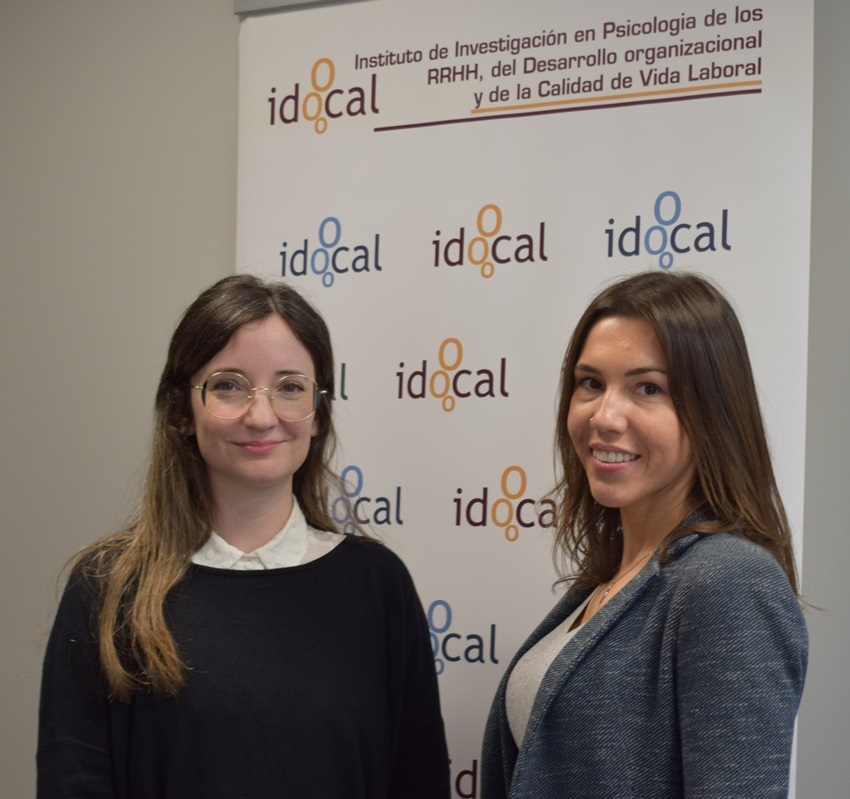The fast advancement of communication and information technologies highlights the urgent need to train people in digital skills, recognised at national and European level. Although the use of chatbots, such as ChatGPT, has increased, there are warnings about possible problems, such as the lack of critical thinking and reflection on digital safety.
This workshop addresses the importance of teachers acting as facilitators in the use of new technologies, such as AI in general or ChatGPT in particular. The objective is not to ban their use or make inappropriate use of these tools, but to warn of the advantages and disadvantages and to promote responsible and critical use among students.
In this workshop, we will provide teachers and students with relevant information about the use of ChatGPT, its advantages and disadvantages, as well as carry out a series of practical activities to educate students in its ethical, critical and effective use.
| Maximum number of attendees | 25 |
| Duration | Approximately 2 hours |
Request workshop

Aida Soriano is a professor at the Department of Social Psychology and a researcher at the Institute for Research in HR Psychology, Organisational Development and Quality of Work Life (IDOCAL). She has a degree in Psychology and a PhD in Human Resources Psychology. Aida Soriano’s line of research focuses on the study of workers’ well-being and work performance. She has published several articles in high-impact international journals (e.g., Journal of Work and Organizational Psychology or Environment & Behavior) and has carried out research stays at the Technical University of Eindhoven, at the University of Leuven and at the University from Barcelona. Shee has participated in various national and international competitive research projects related to workplace well-being such as: “Sustainable work environments and teleworking (CPI-21-030)”, “INN_TBE: Building technologies accelerator (BTA) (CPI-14-372)", "The dynamics of Subjective Well-being and its Dimensions: An analysis from the Theory of Adaptation (PROMETEO/2016/138)" or "New challenges in the study of labour well-being in the scenario of exit from the crisis (EMPQUAL- PSI 2012-36557). Regarding teaching, she teaches both undergraduate and graduate classes, mainly in the field of social psychology.
Esther Villajos is a professor at the Department of Social Psychology and a researcher at the Institute for Research in HR Psychology, Organisational Development and Quality of Work Life (IDOCAL). She has a degree in Business Administration and Management and a PhD in Human Resources Psychology. She has carried out various international research and teaching stays (Tilburg University, BSM-UPF, Università del Salento or European Research Institute on Cooperative and Social Enterprises-Università di Trento). She has participated in national and international research projects, as well as being the principal investigator of several research projects, the last one on sustainable HR management in Social Economy companies funded by the Valencian Government. She has published several articles in high impact factor journals (e.g., Journal of Vocational Behaviour or European Management Journal) on her main research areas, which include HR practices, well-being or sustainable people management. She teaches undergraduate and postgraduate courses in the field of work, organisational and HR psychology.
More information:
- https://www.uv.es/uvweb/idocal/es/idocal-1285952314960.html
- https://cadenaser.com/comunitat-valenciana/2024/01/23/como-utilizan-chatgpt-los-universitarios-valencianos-radio-valencia/
- Un projecte de la facultat aborda l'ús que fan els estudiants de ChatGPT
Social networks
- psicologia_uv
- CdCienciaUV

This activity has co-funding of the Spanish Foundation for Science and Technology and the Ministry of Science, Innovation and Universities.










